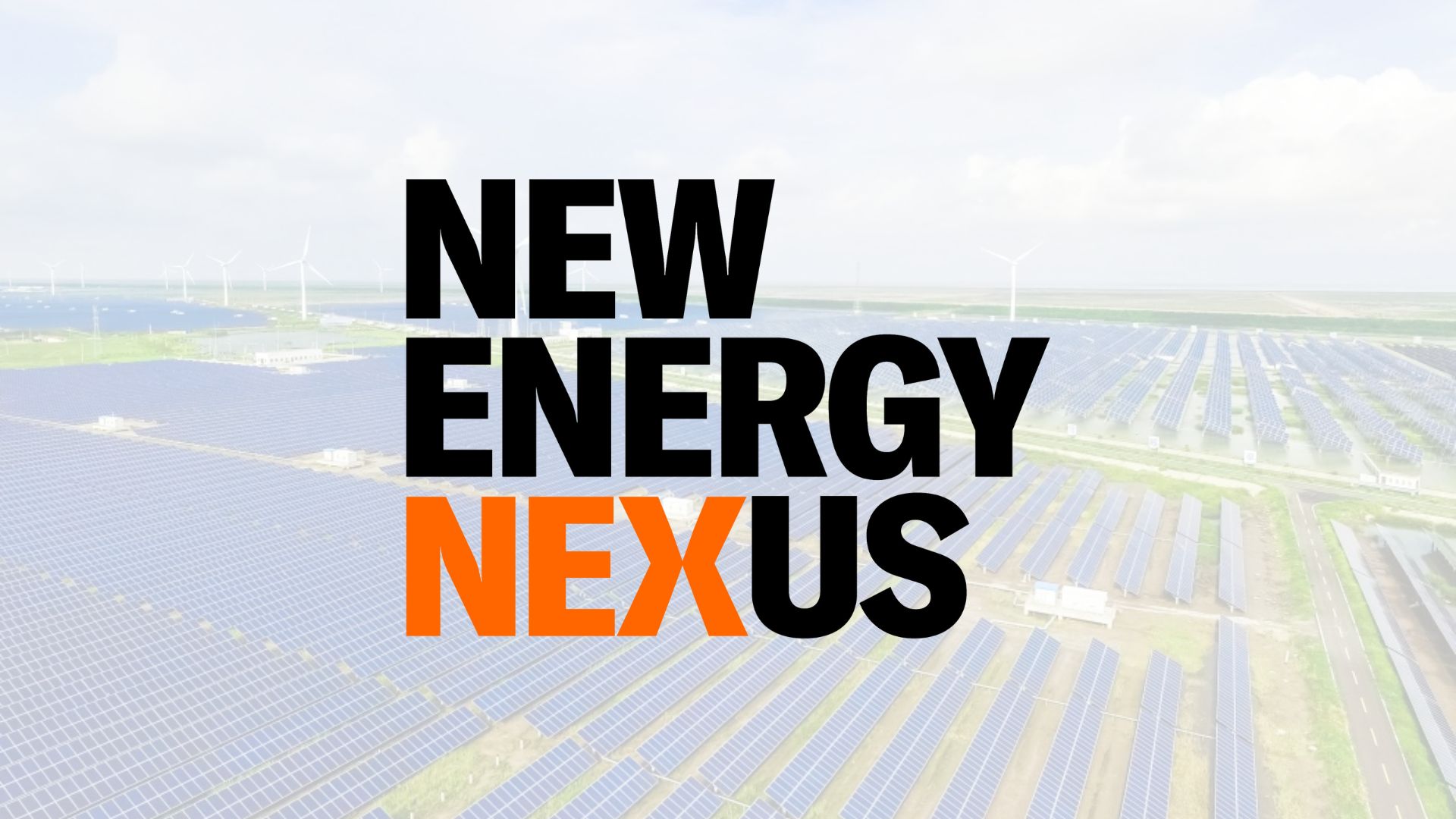New Energy: PH has gaps in funding, support for clean energy ventures
- September 19, 2024
- 0

New Energy Nexus (NEX), an international clean energy nonprofit, reports that the Philippines is facing significant financial and infrastructure gaps in supporting clean energy and climate-focused startups.
In a report by Philippine Star, NEX said that although climate-focused ventures surged from 15 in 2020 to 91 firms in 2024, many local startups still encounter difficulties in obtaining government support and resources, primarily due to limited knowledge and bureaucratic obstacles.
NEX country director Brenda Valerio added that while the clean energy innovation ecosystem in the country has shown remarkable growth, it now risks stagnation without access to networks, funding, testing facilities, and skills development.
The report highlighted that only seven research labs and nine universities nationwide are equipped to offer testing facilities and energy-related programs.
NEX also identified 29 training institutions capable of providing support for clean energy startups, alongside 127 projects already in progress.
Nearly half of the clean energy and climate startups in the Philippines are focused on renewable energy generation, while others targeted areas such as sustainable cooling, transport, waste management, and the circular economy.
The report also said that provincial entrepreneurs are beginning to establish a presence, with 14.5% of clean energy startups based in Northern Mindanao and 16.5% in CALABARZON, while over a third are located in Metro Manila.
According to NEX, awareness of available government funding is not the only issue, as private sector involvement remained low.
Of the USD 1.3 million (Php 72.47 million) raised by 18 green businesses, only 13% came from private sector investments, with the bulk of the funding sourced from grants and competitions.
The nonprofit organization further emphasized that some startups lack the necessary infrastructure, experience, or systems to properly manage large funding allocations that could sustain their operations.
To accelerate the adoption of clean energy innovations in the country, Valerio called for collaboration among government agencies, think tanks, non-governmental organizations, and the private sector.